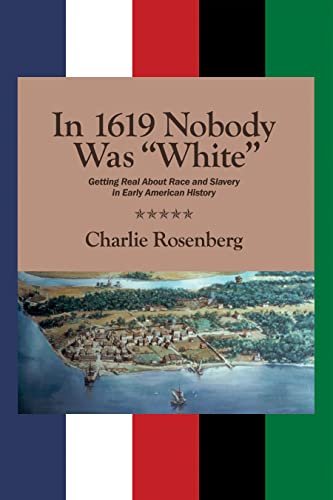
A Pole, an African American, and a Virginia plantation owner walk into a revolution...
Agrippa Hull was born free, and claimed to be the son of an African prince. Andrzej Tadeusz Bonaventura Kosciuszko was born in 1746 into an impoverished family of minor Polish nobility. Kosciuszko ended up in 1776 seeking a post with the Revolutionary army in America. He was brilliant at constructing fortifications.

Black Puritan, Black Republican: The Life and Thought of Lemuel Haynes, 1753-1833
Lemuel Haynes was a Minute Man in 1774, fighting in the Northern Campaign from the seizure of Fort Ticonderoga with Ethan Allen through the unsuccessful campaign to capture Montreal and Quebec in 1776. At about age 20, a crisis of conversion confirmed his place in the Congregational church. He began preparing for the ministry in the mid-1770s, studying Latin, Greek, hermeneutics and Calvinist theology. He adopted a New Divinity minister named Job Swift as a spiritual father.

A Gentleman of Color: The Life of James Forten
Forten is often mentioned in passing. He was a prosperous Philadelphia business owner during the first half of the 19th century, and, obviously, a man of visible African heritage. But the details... Nobody has written a 376 page book of his life, as a unique individual, and in the context of his times.

Thomas Paine and the Promise of America
America’s working classes — farmers, mechanics, laborers, seamen, servants, and slaves 00 would make the American Revolution a revolution. They would not all realize their dreams, but they would power the struggle, materially, martially, and politically, indeed, at a most crucial moment, literally.


In 1619 Nobody was “White”: Getting Real about Race and Slavery in Early American History
This ebook, as the subtitle says, is a comprehensive summary of the origins of racial distinctions and slavery in North America. It begins with the late Roman empire, and continues through the Visigoths and caliphates, to the explosive growth of sugar plantations.

The Founding Fortunes: How the Wealthy Paid for and Profited from America’s Revolution
This book highlights the dark sides of the American Revolution, while leaving some of the brighter developments visible. Revolutions have to be financed.

American Rebels: How the Hancock, Adams, and Quincy Families Fanned the Flames of Revolution
This book offers a bright side to the American Revolution, with some clear warnings about the dark side. It features three wealthy and prominent families, not the wealthiest among the united colonies, who committed themselves to independence. The elder generation of at least two families had owned slaves — the generation that organized resistance to British rule refused.

The Indispensables
The diverse regiment from Marblehead, MA ferried Washington’s army from Brooklyn to Manhattan under the nose of larger British forces, and ferried the Continental Army across the Delaware for the victory at Trenton in December 1776,

Before The Mayflower: The History of Black America
Lerone Bennett, Jr’s classic book remains the most comprehensive research and compilation documenting Americans of African descent though a diverse range of experiences and accomplishments over more than four centuries.
